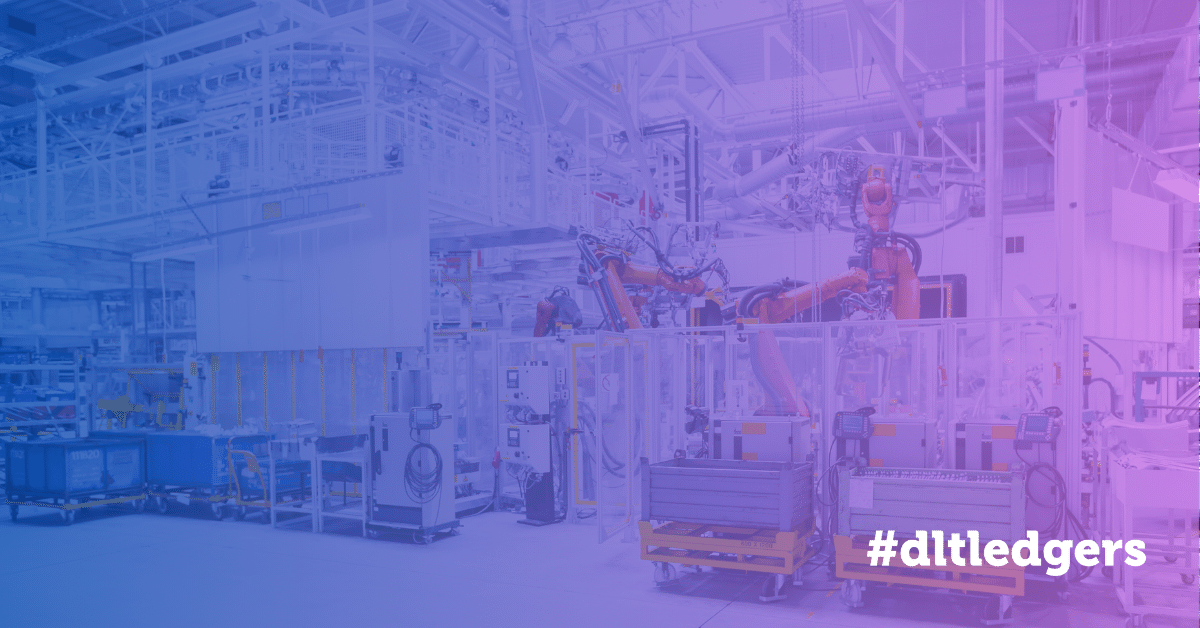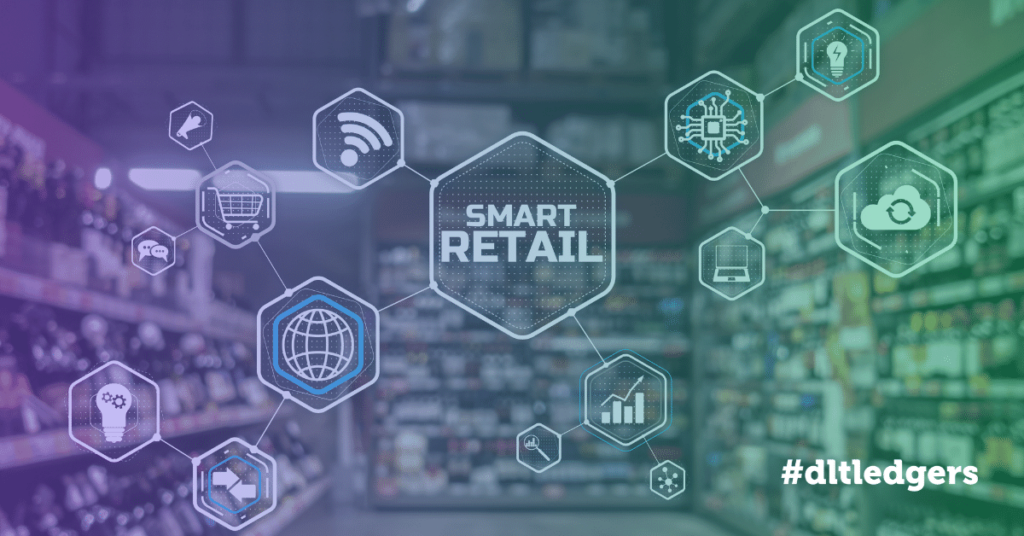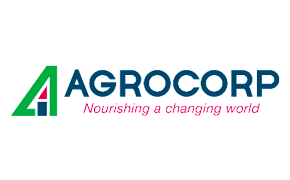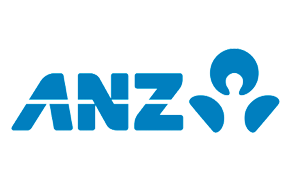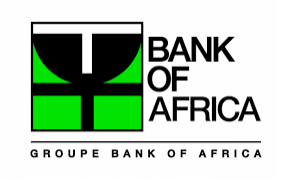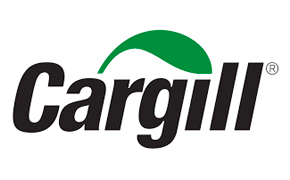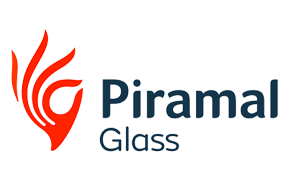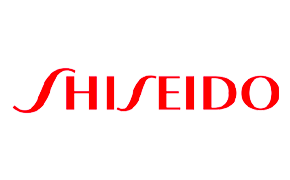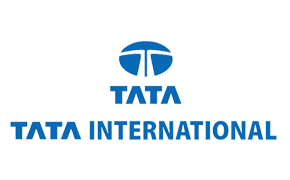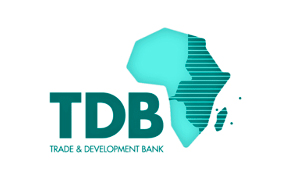The toll manufacturing industry plays a vital role in the global supply chain, providing essential services to companies across various sectors.
From pharmaceuticals to chemicals, toll manufacturers offer expertise, capacity, and flexibility that enable businesses to meet market demands efficiently.
However, despite its significance, the toll manufacturing sector grapples with several visibility challenges that can impact operations, customer satisfaction, and overall business performance.
In this article, we delve into the intricacies of these challenges and the explore potential solution to enhance visibility in the toll manufacturing industry.
Understanding Toll Manufacturing
Toll manufacturing, also known as contract manufacturing or toll processing, involves a third-party manufacturer producing goods or components on behalf of another company.
This arrangement allows companies to leverage specialized facilities, equipment, and expertise without having to invest in their own manufacturing capabilities fully.
Toll manufacturers offer services such as formulation, blending, packaging, and distribution, catering to the specific requirements of their clients.
Difference Between Toll Manufacturing and Contract Manufacturing
In toll manufacturing, the client provides the raw materials, retains control over the production process and quality standards, and pays a fee based on the quantity or volume of materials processed.
The client usually takes responsibility for distributing and selling the finished products and bears the risk and investment associated with raw materials.
In contrast, contract manufacturing typically involves the manufacturer owning the raw materials, having more control over the production process and quality standards, and charging a fee for the manufacturing service, often based on production volumes or a negotiated contract.
The manufacturer may take on distribution and sales responsibilities, and may bear some of the risks and investments associated with production facilities and equipment.
Industries That Rely on Toll Manufacturing
Toll manufacturing serves various industries where companies require specialized processing capabilities but may lack the necessary equipment, expertise, or capacity to perform the manufacturing processes in-house.
Some industries that commonly rely on toll manufacturing include:
Chemicals and Specialty Chemicals
Toll manufacturing is prevalent in the chemical industry, especially for the production of specialty chemicals, polymers, and intermediates.
Companies may utilize toll manufacturers for custom synthesis, blending, and formulation processes.
Pharmaceuticals
Pharmaceutical companies often engage toll manufacturers for the synthesis of active pharmaceutical ingredients (APIs), drug intermediates, and formulation services.
Toll manufacturers adhere to strict quality standards and regulatory requirements in the pharmaceutical sector.
Food and Beverage
In the food and beverage industry, toll manufacturing is used for processing, packaging, and co-packing various products such as beverages, snacks, sauces, and condiments.
Toll manufacturers provide specialized equipment and facilities for food processing while ensuring compliance with food safety regulations.
Cosmetics and Personal Care Products
Toll manufacturing is common in the cosmetics and personal care industry for the formulation, blending, and packaging of skincare products, haircare products, and cosmetics.
Companies may engage toll manufacturers to scale up production or access specialized manufacturing capabilities.
Agrochemicals
Agricultural chemical companies often rely on toll manufacturers for the synthesis and formulation of pesticides, herbicides, fertilizers, and other crop protection products.
Toll manufacturers ensure precision in chemical synthesis and formulation while adhering to environmental and safety regulations.
Plastics and Polymers
Toll manufacturing is utilized in the plastics and polymers industry for compounding, extrusion, molding, and other processing operations.
Companies may collaborate with toll manufacturers to produce custom polymer blends, masterbatches, and specialty compounds.
Automotive and Aerospace
Some companies in the automotive and aerospace sectors utilize toll manufacturing for the production of specialized components, coatings, and materials.
Toll manufacturers may offer precision machining, surface treatment, and finishing services tailored to the requirements of these industries.
Major Visibility Challenges Faced by Toll Manufacturers
Despite the benefits it offers, the toll manufacturing industry faces several visibility challenges that can hinder operational efficiency and responsiveness. Let’s explore some of these challenges:
Supply Chain Fragmentation
The toll manufacturing process often involves multiple stakeholders, including raw material suppliers, manufacturers, logistics providers, and customers.
This fragmentation can lead to a lack of visibility across the entire supply chain, making it challenging to track materials, monitor production progress, and coordinate logistics effectively.
Information Silos
In many cases, information related to production schedules, inventory levels, and quality control may be scattered across different systems or departments within the toll manufacturing facility and its client organizations.
This siloed approach to data management can impede real-time visibility and decision-making, resulting in delays and inefficiencies.
Dynamic Demand Patterns
The demand for toll manufacturing services can be highly volatile, influenced by factors such as market trends, regulatory changes, and seasonal fluctuations. Predicting and responding to these dynamic demand patterns require accurate and timely visibility into market dynamics, customer requirements, and production capacity.
Quality Control and Compliance
Maintaining product quality and ensuring compliance with regulatory standards are paramount in industries such as pharmaceuticals and food processing.
However, achieving visibility into quality control processes, traceability of materials, and adherence to regulatory requirements can be challenging, particularly when dealing with complex supply chains and stringent regulations.
Communication Barriers
Effective communication is essential for collaboration and coordination between toll manufacturers and their clients.
However, communication barriers, such as language differences, time zone disparities, and cultural nuances, can hinder the flow of information and lead to misunderstandings or delays in decision-making.
Leverage #dltledgers’ Toller Tracking and Reconciliation App
#dltledgers can significantly address the visibility challenges faced by toll manufacturers in several ways and by focusing on two main things with our Toller Tracking and Reconciliation App:
Tracking Job Progress
We keep tabs on the work given to a toller (someone who does work for another company) and let you know in real-time what stage the production is at.
This helps you see when your finished goods will be ready to go out for delivery.
Reconciliation of Materials
We help you keep track of the quantity of raw materials, packing materials, and any scrap involved in the production process.
This means we help you compare what you’ve provided to the toller with what’s actually been used and what’s left over after production. This helps you accurately calculate the cost of goods sold (COGS).
Along with the toller tracking below are the major additions that we bring in to ensure real time visibility and efficient inbound outbound operation.
• Transparent Supply Chain
• Traceability and Compliance
• Streamlined Collaboration
• Efficient Inventory Management
• Smart Contracts and Payments
• Data Security and Integrity
On top of that, our app smoothly integrates with your existing ERP system.
This means that the job work orders, like issuing raw materials and packing materials to the toller, are managed directly from your ERP system.
By linking up with #dltledgers, an integrated digital ledger technology, we ensure that your data and records seamlessly match and reconcile with your ERP system, making your operations run even more smoothly.
Get in Touch with Our Experts
Do you have questions about how our distributed ledger solution can help you in fulfilling your visibility requirements or do you want to dive into a live demo?
Get in touch with our experts.
We can create a custom, blockchain-driven app to solve your unique supply chain orchestration challenges in as little as 6-weeks.
